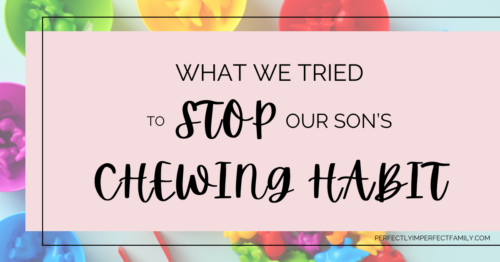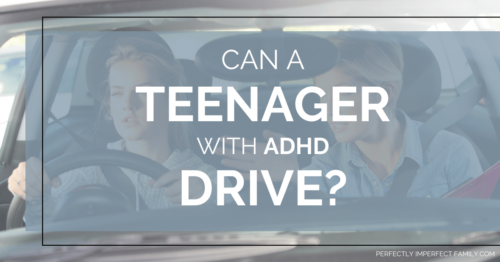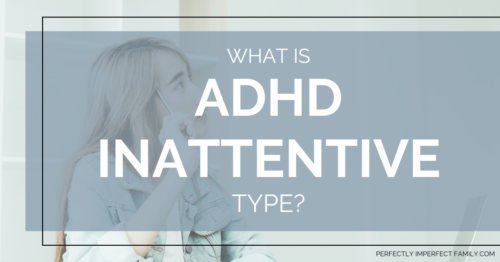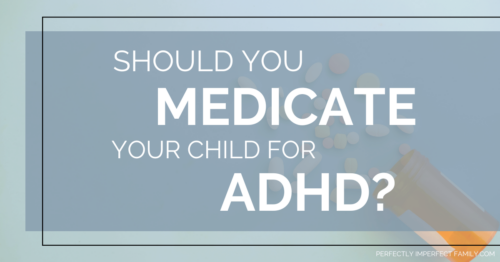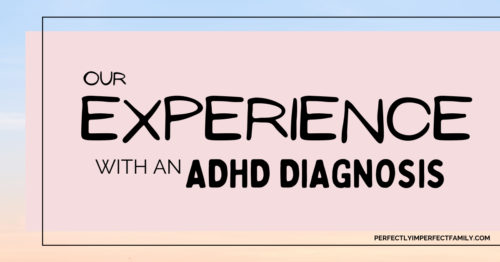ADHD
Raising a child with ADHD is a journey of challenges, growth, and unexpected joys. Our family has navigated everything from school struggles to emotional ups and downs, learning to embrace the creativity, energy, and resilience that come with an ADHD brain. In this space, we share our experiences — both the frustrations and the victories — along with practical parenting strategies, insights on family dynamics, and the importance of advocacy. ADHD isn’t just about overcoming obstacles; it’s about recognizing strengths and fostering confidence. Whether you’re seeking advice, solidarity, or simply a place to feel understood, we invite you to join us in navigating life with ADHD as a family.
What We Tried to Stop Our Son’s Chewing Habit
When my son started chewing paper in elementary school, we struggled to find a solution. After trying gum, Tic Tacs, and sensory necklaces, we found success with chewable pencil toppers. Although he still chews on things, we’ve accepted it as part of who he is. Patience and trial-and-error helped us navigate his sensory needs.
Can a Teenager With ADHD Drive?
When my son, diagnosed with ADHD-Inattentive type, turned sixteen, I wondered if he could learn to drive. After a year of driving lessons, learner's permits, and overcoming his anxiety, he got his license. Though challenging, with patience and encouragement, I learned that teens with ADHD can indeed drive — it may take time, but it's possible.
What Is ADHD Inattentive Type?
My son was diagnosed with ADHD inattentive type at age eight. This means he struggles with focus, organization, and paying attention to details. He gets easily distracted, forgets tasks, and has trouble staying on schedule. Despite routines, staying organized remains challenging. Working closely with his teachers, we've learned how to better support him in these areas.
Should You Medicate Your Child for ADHD?
Deciding whether to medicate your child for ADHD is a personal choice. After consulting with a specialist, we chose to medicate our son. The medication improved his focus, but we closely monitor for side effects, like reduced appetite and sleep issues. Communication with him and his doctor has been key in finding the right approach.
Our Experience With an ADHD Diagnosis
Our son was diagnosed with ADHD, inattentive type, in second grade, thanks to his teacher's recommendation. Before that, we hadn't noticed the signs, and it took some time to get a formal diagnosis after filling out extensive paperwork and testing. Even now, we continue to learn about ADHD as we navigate his journey.

